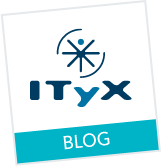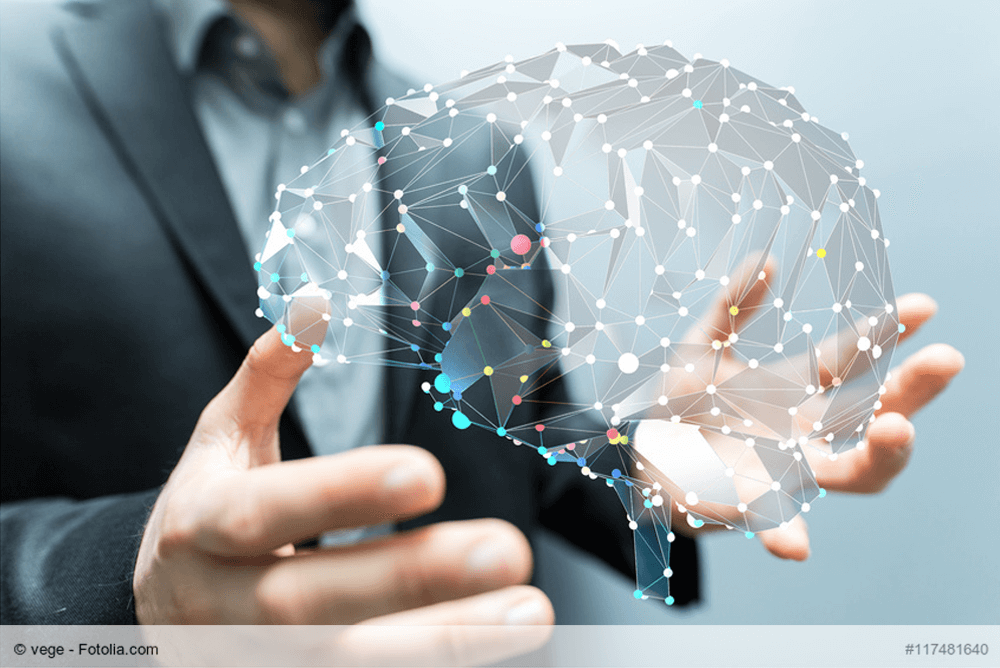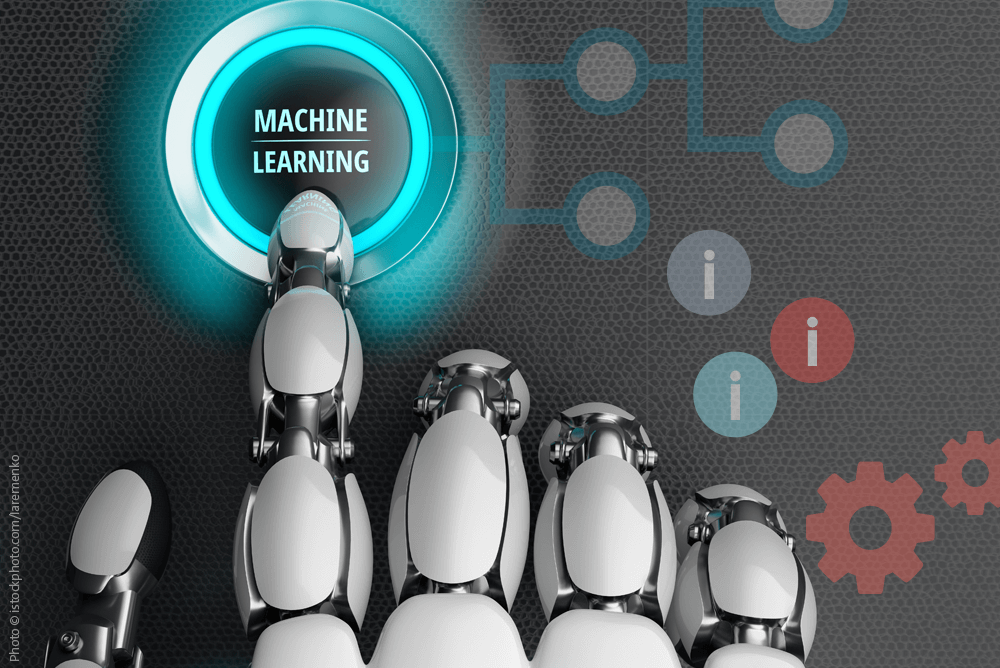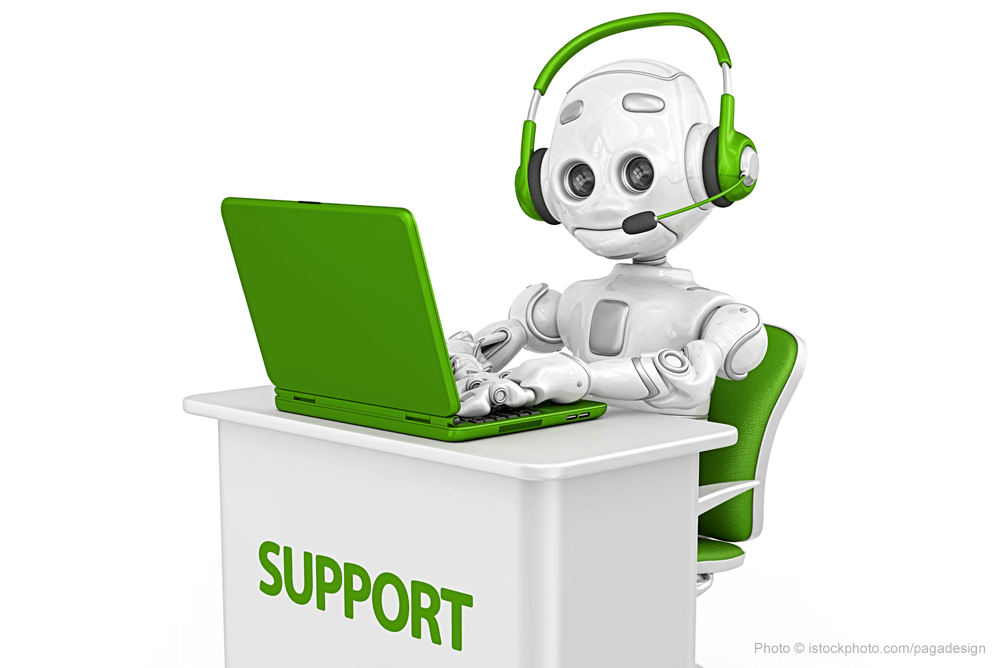Comprehensive ‘Information of Everything’ is about all imaginable IT-related issues, from self-learning software, discrete agents and automated objects to innovative apps and services, furthermore providing a platform for the Internet of Things. Gartner’s riveting predictions and analyses for the current year’s end include a future digital world based on Artificial Intelligence algorithms and smart machines that are able to facilitate a ‘harmonious relation’ between businesses and their clients.
Where is the market headed?
The popular market research institution is certain of one thing; it suggests that artificial intelligence is one of the key factors in the present digital revolution. Last October, Gartner published their event study, ‘Top 10 Strategic Technology Trends for 2016’, consisting of all conceivable IT trends for the year. According to them, the majority of enterprises will receive a strategic boost once they implement artificial intelligence in their daily work processes. Gartner’s vice president, David Cearley, has no doubt that these innovative software applications will have a lasting effect on the global digital business world until 2020 and beyond.
Sequencing information
Worldwide content can be captured through data extracted from documents, emails, chats and audio or video files or sensors. But something is missing: highly trained employees capable of viably contextualizing the respective data. Employees will only be able to do this once they have been equipped with the appropriate semantic tools. Analysts use the technical term ‘Information of Everything’ to describe incentive. In their opinion, businesses should develop individual strategies to put themselves to the test of merging and editing data sooner rather than later: ‘Innovative semantic tools, classification and analysing methods will finally decode information overload.’
Smart, self-learning software
Gartner emphasizes the ability of artificial systems to generate knowledge on the basis of training sessions as well as the ability to apply these examples to arising miscellaneous situations. In technical terms, this is referred to as ‘machine learning’ or ‘adaptive systems’. So far, learning has been conducted by human guiding. Modern artificial intelligence takes it one step further: it factors the employee’s performance into its knowledge base by classifying and processing written content. This, in turn, is achieved by implementing neuronal webs, which make it possible to analyze a large bulk of data compiled sensors, thus capturing the environment. As a result, Gartner’s recommendation to small and big businesses is clear: find out how to gain competitive advantage by adopting this substantial progress!





